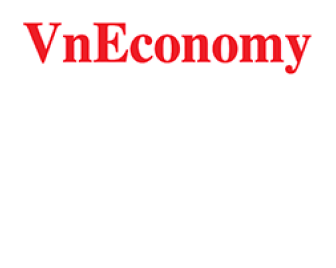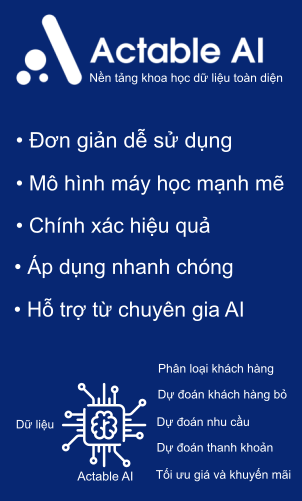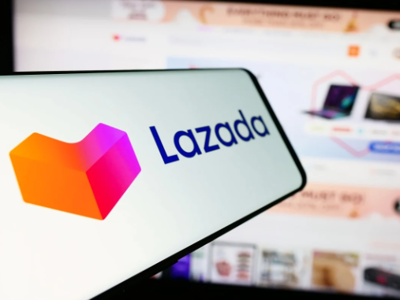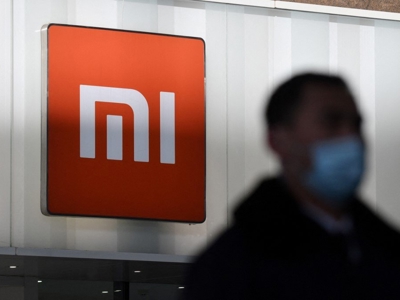Three key strategies shape Vietnam's AI workforce development
Vietnam needs to prioritize training AI engineers and allocate resources for developing AI scientists.
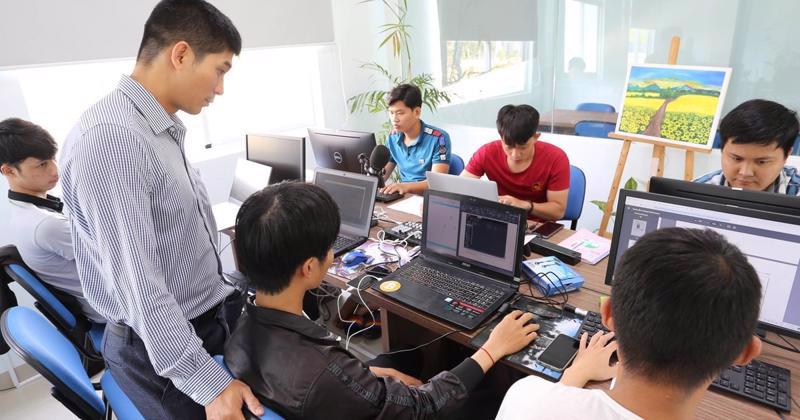
Vietnam should focus on developing specialized AI solutions for specific fields as a more practical and effective approach, stated Mr. Nguyen Duc Lam, Policy Advisor at the Institute for Policy Studies and Media Development (IPS).
According to experts, the development of artificial intelligence (AI) in Vietnam could follow three major pathways:
First, startups capable of securing substantial funding, similar to OpenAI in the US, or large corporations, may focus on building extensive AI models.
Second, AI-specialized businesses will concentrate on optimizing AI models to deliver specific technology solutions tailored to customer needs.
Third, small and medium-sized enterprises (SMEs) in established industries will prioritize applying AI models and solutions in business governance, commerce, and service sectors.
However, Mr. Lam pointed out that the first pathway poses significant challenges. He highlighted the high costs associated with developing large-scale AI models, which pose a challenge for a developing country like Vietnam.
Limited financial and human resources, alongside constraints in infrastructure, data accessibility, and processing capabilities, further exacerbate these difficulties.
In terms of human resources, Mr. Lam stressed the need for Vietnam to prioritize training AI engineers and allocate resources for developing AI scientists. Currently, Vietnam not only faces a shortage of AI scientists but also lacks experienced and skilled AI engineers.
Moreover, industries outside of the information technology sector are struggling with a lack of personnel equipped to integrate AI into business administration, commerce, and service delivery. Most company employees have yet to receive adequate training in AI.
A recent survey revealed that approximately 2,000 AI experts are working in Vietnam, primarily based in Hanoi, Ho Chi Minh City, and Da Nang, where AI-related businesses are concentrated. However, the demand for AI personnel is expected to rise dramatically, with an estimated 100,000 AI professionals needed within the next five years to meet market requirements.
